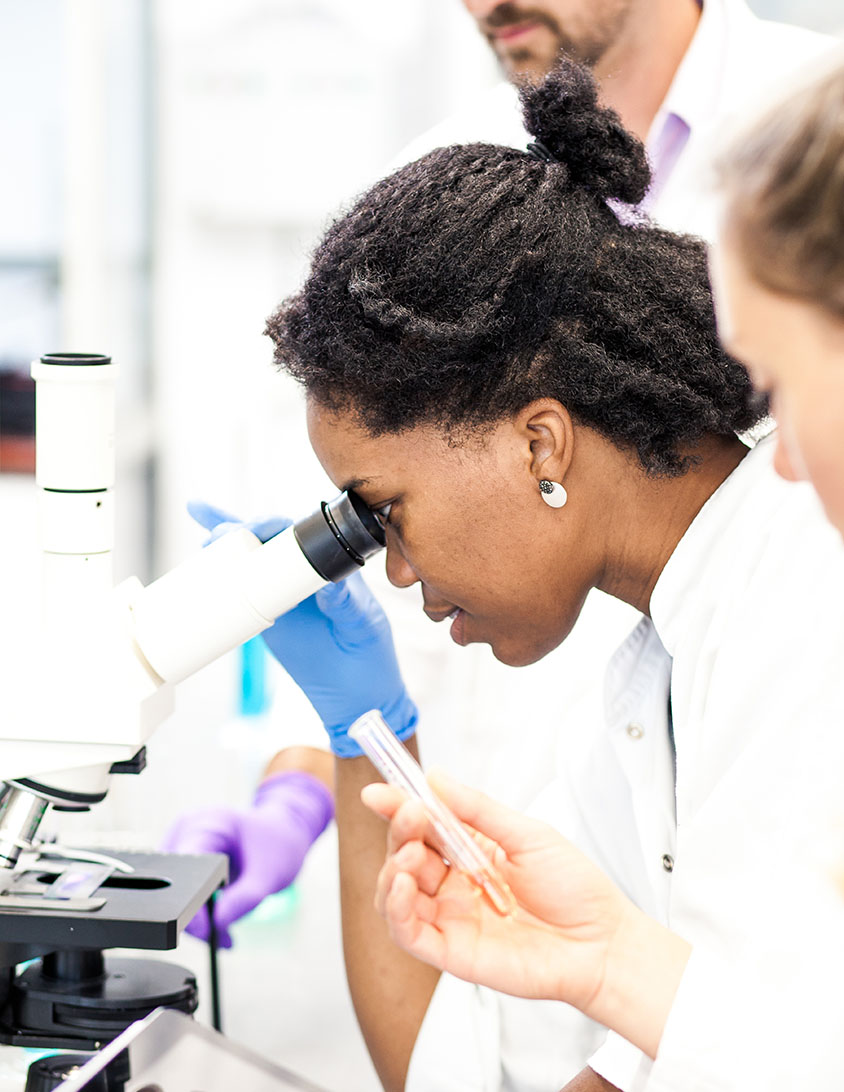Emery-Dreifuss Muscular Dystrophy (EDMD)
Research
In 1986, MDA-supported scientists identified the gene that, when defective, causes Duchenne muscular dystrophy. Since then, researchers have forged ahead to isolate and characterize genes involved in almost all the neuromuscular disorders in MDA’s program, including those responsible for Emery-Dreifuss muscular dystrophy (EDMD). These discoveries have enabled scientists to understand variations among different forms of the diseases and have helped doctors to provide more accurate diagnoses.
Now that this essential first step is almost entirely accomplished, MDA is exploring ways to correct muscle problems caused by the different gene defects. Areas of especially active research include:
-
Gene therapy: a mechanism for supplementing defective genes with healthy genes in the tissues affected by neuromuscular disease;
-
Gene silencing: turning off genetic instructions that cause the production of toxic proteins; and
-
Cell therapy: transplanting new muscle cells, using stem cells or immature muscle cells from a donor or genetically corrected cells from the patient’s own body.
At the same time, other MDA-supported scientists are studying ways to preserve muscle despite the presence of a degenerative disease. As of 2010, some scientists are concentrating on preserving muscle by interfering with a protein called myostatin, a natural inhibitor of muscle growth. Others are studying the biochemical signals that favor muscle repair, maintenance and regeneration, with the aim of improving those functions.
The emerin protein and the lamin proteins — that when defective or deficient result in EDMD — interact with other proteins and almost certainly affect biochemical or mechanical functions in the cells of the skeletal muscles, heart and perhaps other tissues.
Some MDA-supported researchers are studying these interactions and the various "downstream" effects of genetic mutations that cause EDMD, with an eye to identifying targets for treatment development.
Others are testing medications to treat the specific heart problems associated with EDMD in mouse models of the disease.

